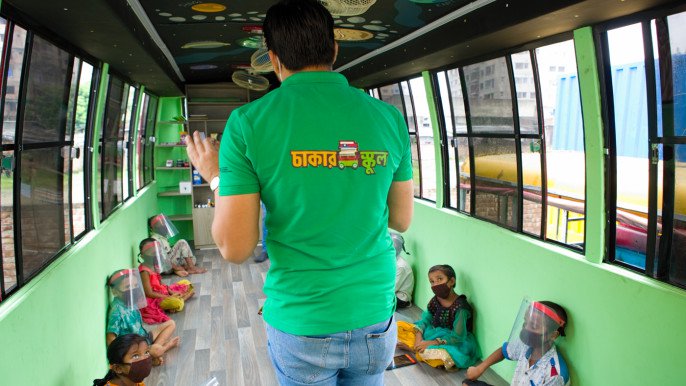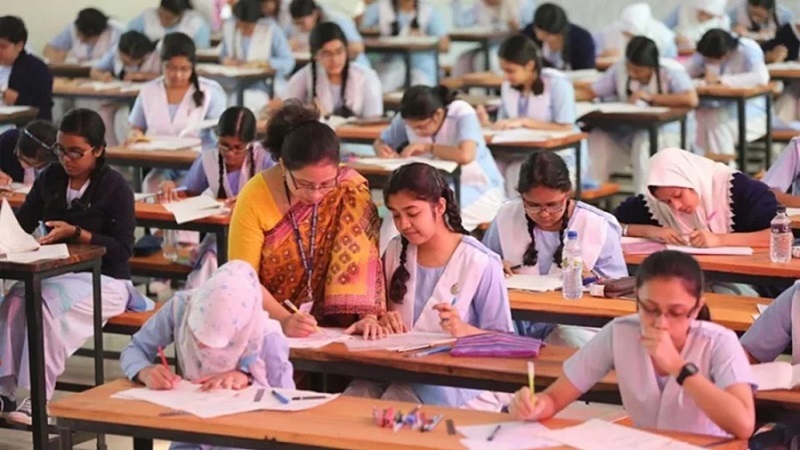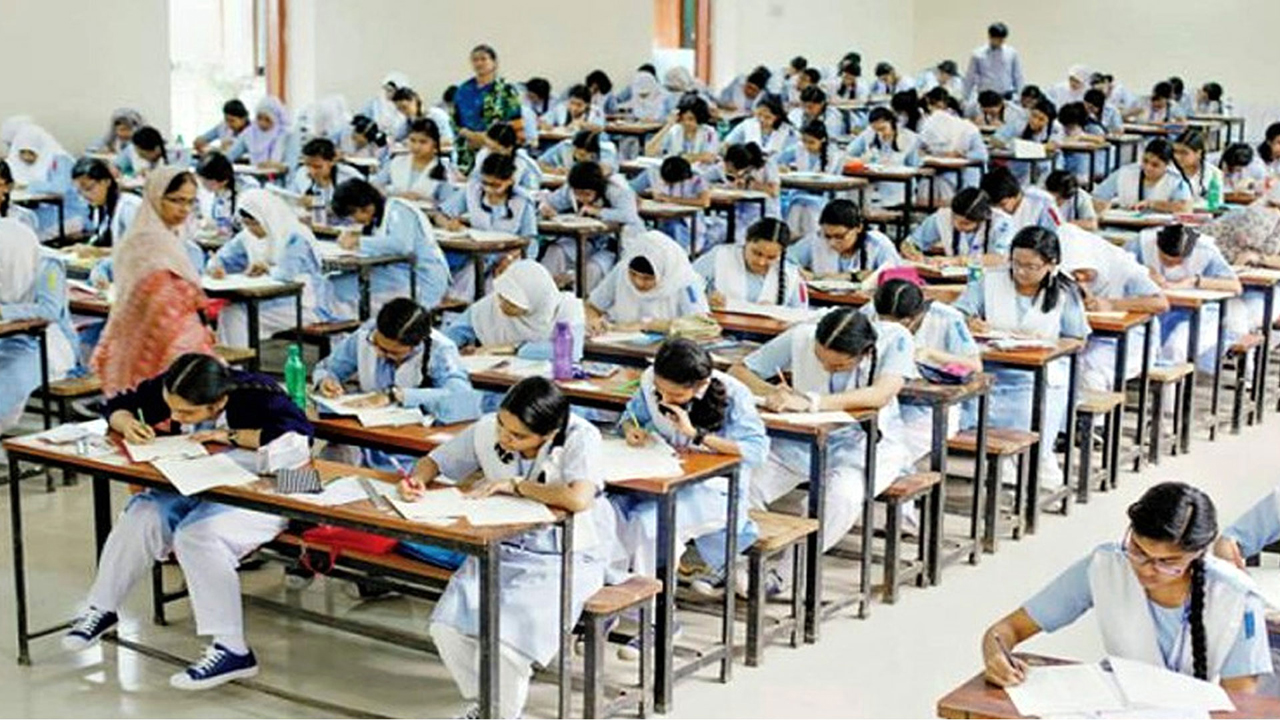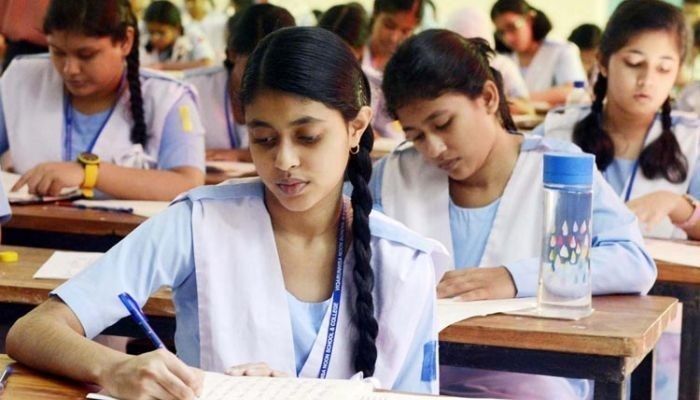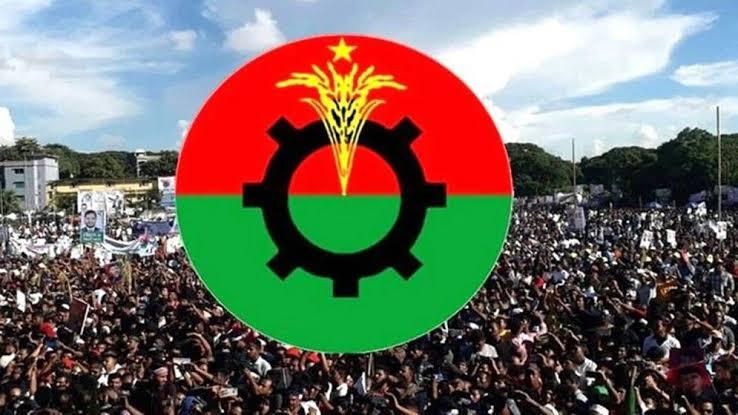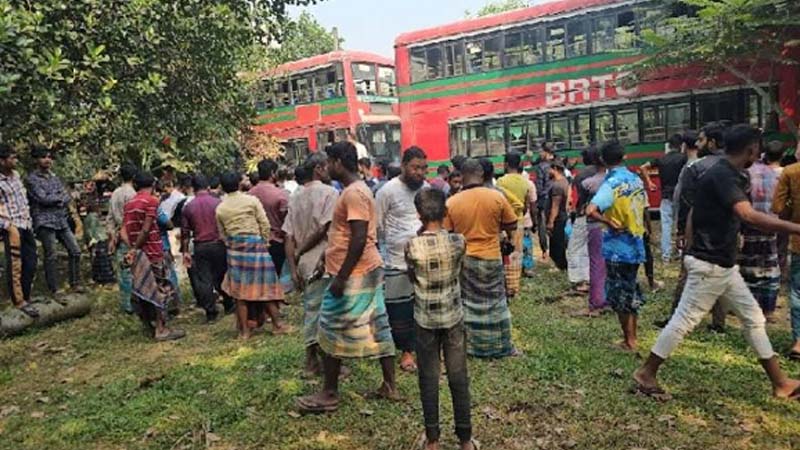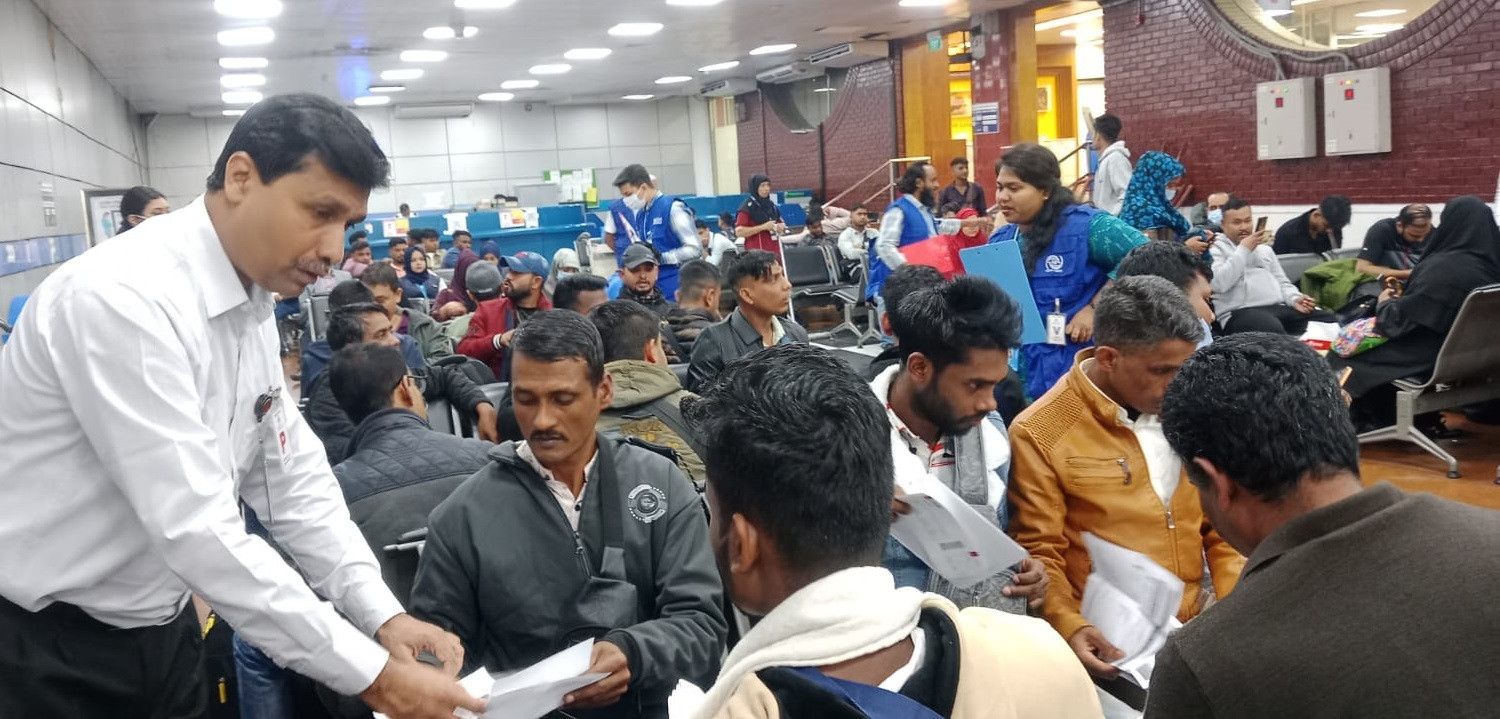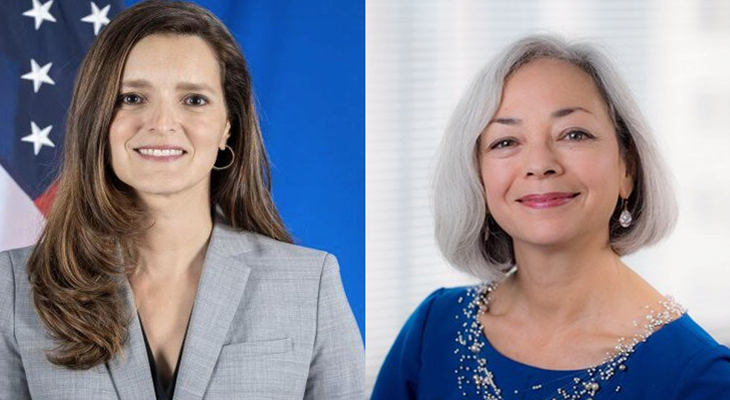Adnan Hossain woke up early in the morning with a new sense of excitement he had never felt before, having arrived in Kurigram from Saidpur the previous night. It was 2009.
Although it was one of those typical misty, wintry mornings, it was anything but ordinary for him because he was about to participate in charitable work for the first time in his life.
He went there to help with the distribution of sweaters and blankets that his elder brother and some of his friends had collected. The distribution drive was for those in need of a warm sleep at night during the cold winter.
In doing so, he was able to speak with some local children and their families. This proved to be an eye-opening experience for him that changed his life perspective.
He was surprised to discover that the majority of the families he spoke with did not send their children to school; not out of their lack of interest in educating their children but for their lack in finances to afford sending their children to school.
Instead, the families sent their children to work in order to sustain the family's life.
This incident left an imprint on Adnan's mind.
In 2010, the undergraduate student took a small initiative to teach 17 poor children basic literacy and numeracy on a balcony in Saidpur, Nilphamari, using only a blackboard and a floor mat.
Every weekend, he would travel 300 kilometers from Dhaka to Saidpur to teach them. Soon, the number of students began to grow, and in order to do more impactful work reaching a greater number of people, he established the It's Humanity Foundation (IHF) in the month of June that year.
Today, IHF serves 450 students enrolled in seven different schools around the country. In one of the seven schools, in Tongi, IHF teamed up with Amar Daraz (the Sustainable Development programme of Daraz Bangladesh Ltd.) to launch project Alok, specifically designed to provide education for free to children battling with learning disabilities like ADD, ADHD and dyslexia.
IHF also runs project Protibha where 112 mothers of school-going children have thus far have been trained in tailoring, hand-block printing, rickshaw art and crochet and other skills, for free, provided they agree to keep their childrens in school.
Another exciting initiative of IHF is Chakar School - The School on Wheels - Bangladesh's first digital mobile preschool built to educate marginalised children.
"We set up our Tongi campus in 2014. As it stepped into the second year of operation, we realised that the dropout rate of children there was unusually high. When we conducted research on why this was happening, we figured out that many of them were suffering from one or more learning disabilities," explained Adnan.
Adnan Hossain’s IHF now has over 450 students enrolled in seven of its schools. Photo: Courtesy
Adnan Hossain’s IHF now has over 450 students enrolled in seven of its schools. Photo: Courtesy
"That is when we decided to launch Project Alok, in which special schools will be built to help these children learn. Later, Daraz stepped in, agreeing to bear all operational costs for the project's implementation," he added.
A quarterly behavioural assessment is conducted to identify students suffering from anxiety, frustration or whether any student is finding it difficult to adjust to the new class style.
Often students are also asked to evaluate the teachers. Employees of the organisation oversee the arrangement.
Ayesha, a student under project Alok, said "This place is like my second home now. I have made a lot of new friends here. I love attending the classes here and so do my friends. We are taught with patience and care."
"The teachers also communicate with us on a regular basis to see if anyone is struggling with something and they have formed such a friendly bond with us that none of us hesitates to share anything with them," she added
In future, IHF wants to expand Alok to every IHF school, alongside other public and private schools.
"Project Alok is a very special project to us. At Daraz we value and support the importance of education and even more the accessibility of education for all. Learning disabilities are not incurable, with proper intervention at a young age we can allow for the problems to be managed," said Tanzila Rahman, the Head of CSR and Sustainable Development at Daraz Bangladesh.


